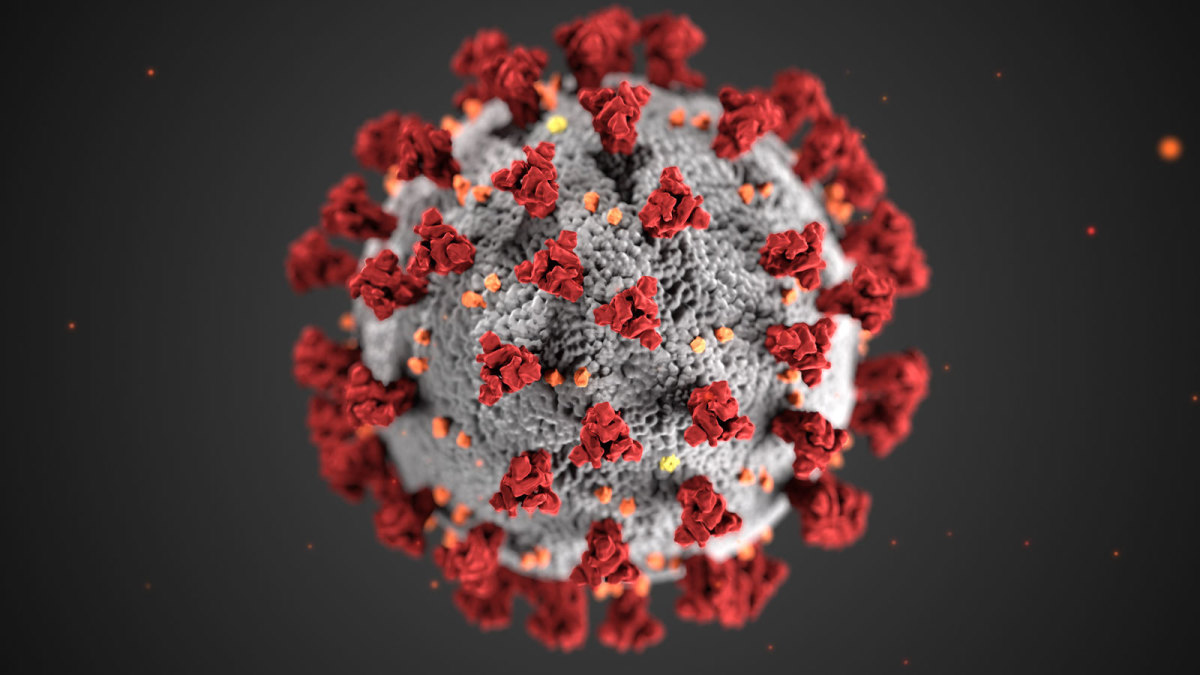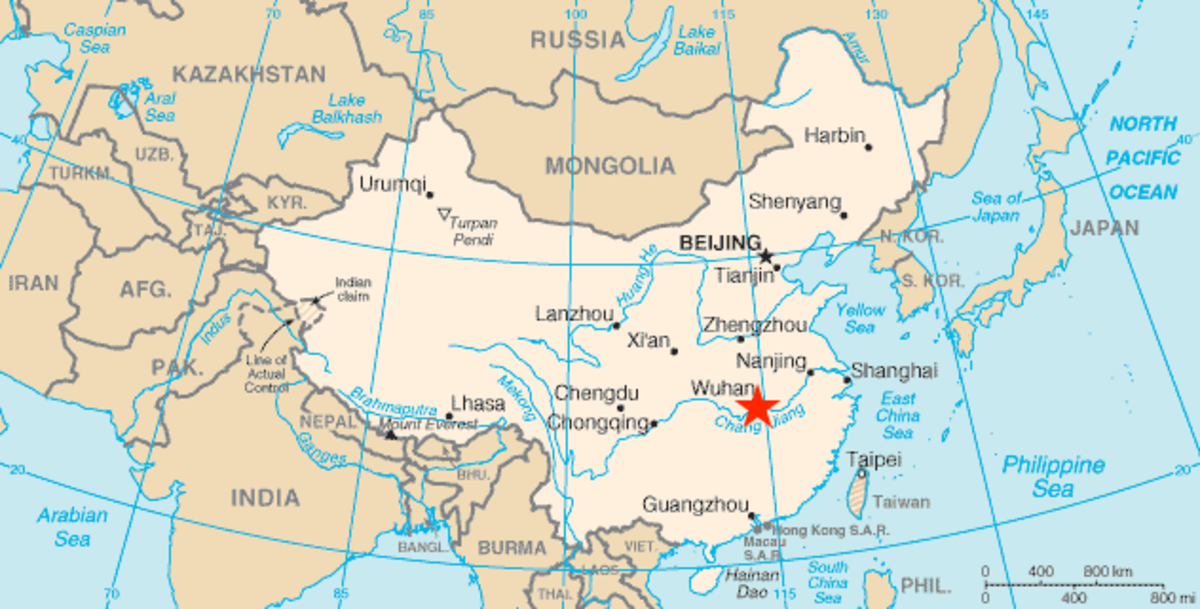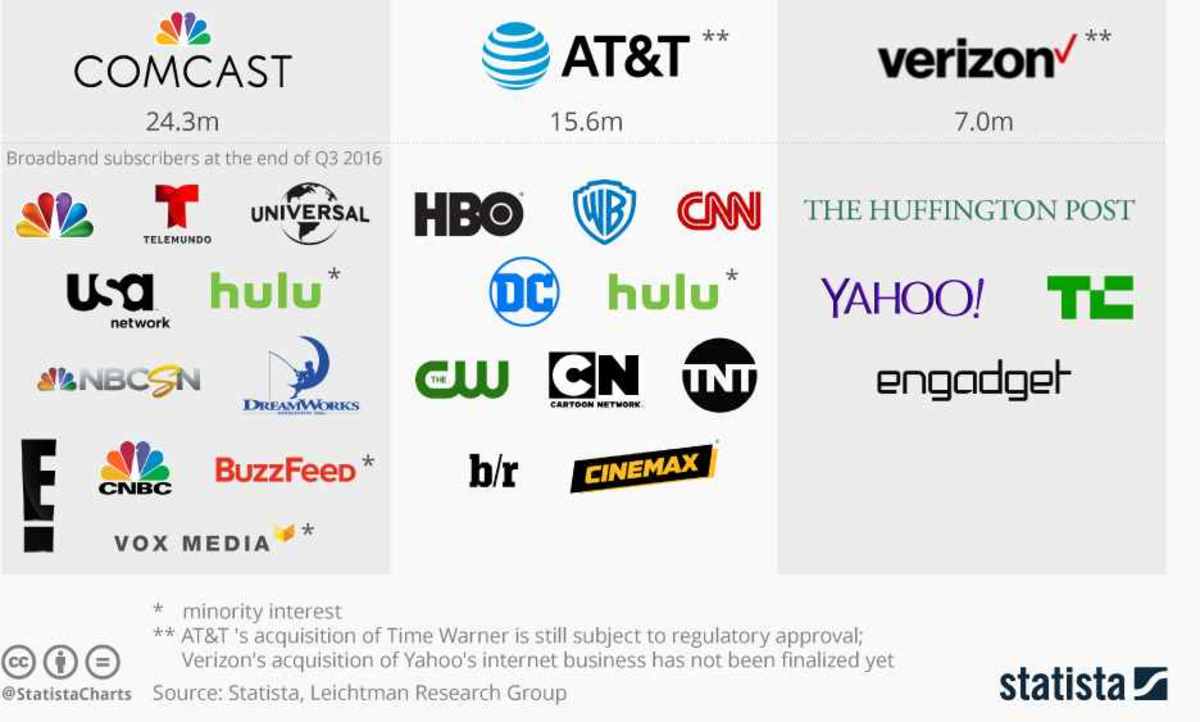Coronavirus (Covid-19) Is a Complex Social-Economic Problem, How Can We Change the Approach in Tackling It?

The Coronavirus (COVID-19) is a difficult social problem, change the approach.
Amidst the panicky increase of calls for strong-arm resolutions for handling the COVID-19 pandemic, it is striking by the commonality in responses being implemented across the globe: rapid medicalization and militarization of the crisis all peppered in a range of politicization. The way countries were relegating people’s capacity to resolve and make learned choices while promoting the experts’ instructions to extreme measures regardless of the lack of important resources and infrastructure to follow the instructions through was also interesting, especially for nations whose majority population lives from hand to mouth, whereby they must work to eat on a daily basis.
As the Coronavirus infections and deaths head towards a plateau, most of the mitigation measures that were shoved down to citizens by the governments are starting to worry most. Economies are in ruins as are the core values of democracy. In many ways, many countries are existing in a quasi-state of emergency with restricted freedoms and movement. Any defiance has been met by rapid confrontations by the police. At great levels is the concern of the possible misuse of the crisis to limit the movement and freedoms of people. From a general health perspective these government measures have been essential and cost inevitable, but socially and economically speaking not so much.

What can/should be done? How can we change our approach in dealing with Coronavirus (COVID-19)?
Sociology interventions in handling social problems including difficult public health pandemics like the Coronavirus suggest that practical solutions must take the form of a beneficiary-centered approach. Social problems aren’t incidents nor events but a mixture of situations that arise because of insufficient recognition, confrontation, or anticipation of the existing risk, exposures, and vulnerabilities that depend on their attendant power associations within space and time. How countries are prepared defines the exposure; how countries respond will either deescalate or escalate the progress of the situation. How we incorporate it into daily routines, defines the eventual normalization of the problem through living with it or a cure. The dynamism and complexity of response in relativity to the difficulty of the problem will define the magnitude of its effect.
Most countries’ response to the COVID-19 crisis has been predominantly event focused, rapid, and short-term action mode. While the event focused rapid control measures may appear to be working in the short-term, in the long-run their sustainability and efficacy aren’t tenable.
Many have recommended that COVID-19 should be viewed as a sociological problem. The level of the crisis is such that it isn’t just a medical issue anymore, it’s a pandemic of behavior investment (resources) and communication. There’re historical precedents for this, SARS, Ebola, HIV, and AIDS, among others. In the example of HIV and AIDS early on, it became driven by significations and moral panics. Poor communication generated instinctive shame and negativity over the disease. Many were afraid to be tested, embarrassed to be positive, and ashamed to seek treatment. With Coronavirus, people could be going down the same path. There is increasing panic of ‘being caught’. These very well explain the unwillingness to go for testing witnessed in Kenya’s Mombasa old Town.

Call to action.
To be clear, the path of general public health solutions are directly related to social capital, individual behavior, institutions, and structural instruments. Successful solutions then must assume a vigorous socio-ecological framework that attends to individual deficiencies and needs. In simple terms, the solutions need to know you, understand your social setup, and introduce objective interventions that are inclusive of all. For the COVID-19 pandemic this insinuates that for people to observe government-generated interventions, the people’s practices and way of life must be prioritized.
Many countries learned this a long time ago. Family planning and HIV/AIDS programs adopted this strategy through the strong use of community-based health strategies. Under the strategies, a community-based team of health workers became the frontline support for public health promotion. Their efficiency lies in their ability to recognize and solve local health problems in a locally understandable manner that takes into account community concern and respect. Currently, this’s lacking in many countries’ approaches to the Coronavirus pandemic. There’s a need for a strong community-based approach that appreciates the difficulty of the Coronavirus phenomenon as an intricate social problem.








